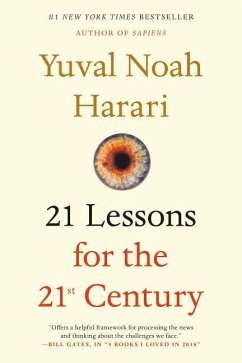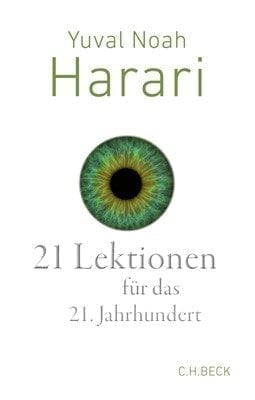
It’s no secret, write Banerjee and Duflo (co-authors: Poor Economics: A Radical Rethinking of the Way To Fight Global Poverty, 2011), that “we seem to have fallen on hard times.” Immigration, trade, inequality, and taxation problems present themselves daily, and they seem to be intractable. “Quality of life means more than just consumption”: Two MIT economists urge that a smarter, more politically aware economics be brought to bear on social issues. The author's youthfulness helps to assure the inevitable comparison with the Anne Frank diary although over and above the sphere of suffering shared, and in this case extended to the death march itself, there is no spiritual or emotional legacy here to offset any reader reluctance. There are unforgettable and horrifying scenes here in this spare and sombre memoir of this experience of the hanging of a child, of his first farewell with his father who leaves him an inheritance of a knife and a spoon, and of his last goodbye at Buchenwald his father's corpse is already cold let alone the long months of survival under unconscionable conditions. He was the only one of the family to survive what Francois Maurois, in his introduction, calls the "human holocaust" of the persecution of the Jews, which began with the restrictions, the singularization of the yellow star, the enclosure within the ghetto, and went on to the mass deportations to the ovens of Auschwitz and Buchenwald. Harari delivers yet another tour de force.Įlie Wiesel spent his early years in a small Transylvanian town as one of four children. His remedies for wildly disruptive technology (biotech, infotech) and its consequences (climate change, mass unemployment) ring true, provided nations act with more good sense than they have shown throughout history. Most readers will find Harari’s narrative deliciously reasonable, including his explanation of the stories (not actually true but rational) of those who elect dictators, populists, and nationalists. Science-fiction movies get the future wrong, if only because they have happy endings. Human ingenuity, which enables us to control the outside world, may soon re-engineer our insides, extend life, and guide our thoughts. “A bit like the Soviet elites in the 1980s,” writes Harari, “liberals don’t understand how history deviates from its preordained course, and they lack an alternative prism through which to interpret reality.” The author certainly understands, and in 21 painfully astute essays, he delivers his take on where our increasingly “post-truth” world is headed. They promote jingoism over international cooperation, vilify the opposition, demonize immigrants and rival nations, and then win elections.

21 LESSONS FOR THE 21ST CENTURY BY YUVAL NOAH HARARI FREE
The liberal story-think democracy, free markets, and globalism-reigned supreme for a decade until the 20th-century nasties-dictators, populists, and nationalists-came back in style.

World War II eliminated the fascist story but stimulated communism for a few decades until its collapse.

Every person, group, and nation has its own tales and myths.” Three grand stories once predicted the future.

As the author emphasizes, “humans think in stories rather than in facts, numbers, or equations, and the simpler the story, the better. of Jerusalem) proves that he has not lost his touch, casting a brilliantly insightful eye on today’s myriad crises, from Trump to terrorism, Brexit to big data. Having produced an international bestseller about human origins ( Sapiens, 2015, etc.) and avoided the sophomore jinx writing about our destiny ( Homo Deus, 2017), Harari (History/Hebrew Univ. A highly instructive exploration of “current affairs and…the immediate future of human societies.”


 0 kommentar(er)
0 kommentar(er)
